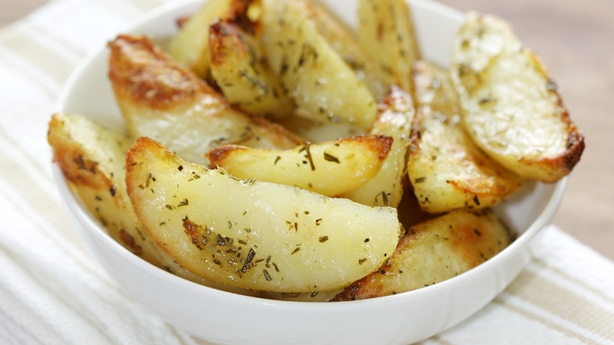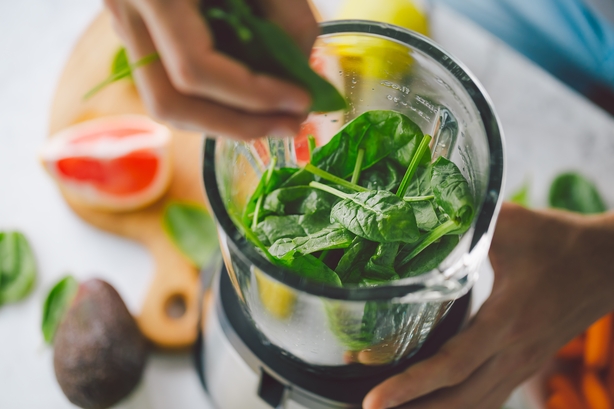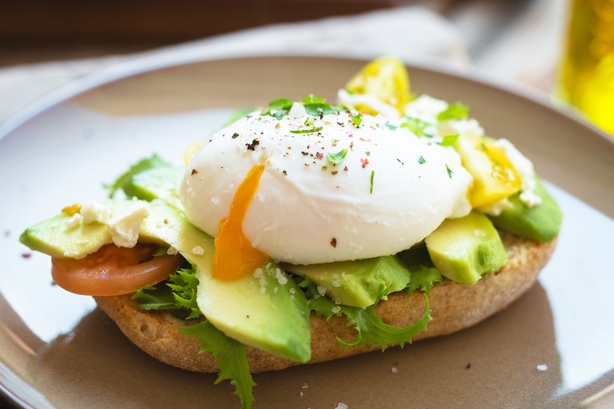Blondes have more fun, or so the saying goes, but it turns out they also have more health benefits.
The "blondes" in question here, however, are not of the Marilyn Monroe variety but of the food variety, as the Food Safety Authority of Ireland (FSAI) suggests that "blonde" foods - cooked to paler shades than their "brunnette" counterparts - are healthier for you.
Cooking foods like potatoes and even toast to paler shades pose less of a cancer risk, according to the FSAI, as there is less acrylamide, a chemical formed when starchy foods are subjected to a high temperature.

This is just one of the guidelines issued by the FSAI, which include adding a second mixer to cocktails that are typically packed with calories, and making low-fat milk a staple in every fridge.
A few recommendations will feel familiar to us, such as juicing vegetables rather than fruits, as juicing keeps all of the sugar of fruit but blitzes the fibre. Even the caution that avocados should be eaten in moderation as they contain high levels of fat and only count as one of our five a day will be known to many avocado devotees.

The FSAI also advise that to maintain a healthy weight, half of every meal should be vegetables, salad or fruit. These are "superfoods" because they are low in calories and rich in minerals and other benefits, which are central to good health.
In terms of practical guidelines, the FSAI recommend that portions of meat, poultry or fish should be the same size as the width and depth of a person's palm.
When it comes to how we cook our hearty and nourishing meals, the FSAI advise that stewing, baking and boiling be the first ports of call whenever possible. The frying pan - that friend to the hungover, the hurried, the cravers of gristly burnt ends and bits - is out.

In line with the planetary health diet and the recommendation by global health and food organisations that we move more towards a vegetarian and vegan diet, the FSAI also suggests that we should eat vegetarian meals one or two days a week.
The recommendations challenge some ingrained food habits we carry, namely how many eggs we are safe to eat a week. They state that eating up to seven egg yolks a week and any amount of egg whites will not raise cholesterol in healthy adults.

The FSAI also offers some caution to those who eat a vegan diet, encouraging them to ensure they are getting enough vitamin B12 and calcium. Most interestingly, perhaps, is the guideline that people's nutritional needs will change as they get older, so people must get comfortable adapting to what their body needs at any one point in life.
Although opinions differ on the benefits of low-fat options, particularly dairy options, the FSAI states that low-fat milk is one of the best complete foods available to us, as it provides most of the nutrients we need, with little saturated fat.
Will you be chucking the rogue frozen duck fat potatoes leftover from Christmas, or is it full fat, all the way?

